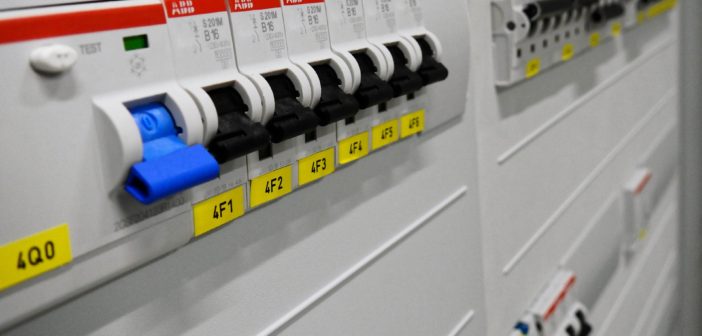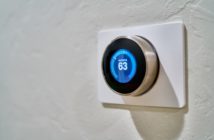Circuit breakers, an important part of electrical safety, are installed in all homes to protect against fire and other incidents when a circuit fries. It is a safety mechanism that helps protect your home while the current flows through it. However, many people do not know much about circuit breakers, why they are useful, and what to do should one trip. In this article, we’re going to look at five common misconceptions about circuit breakers that many people don’t understand.
Matters Only During a Storm
Many people think that circuit breakers only make a difference during a rough thunderstorm. However, this is entirely untrue. Sometimes, a storm will surge out the power, which causes excessive voltage to run from the power lines and into the home, but circuit breakers are not just useful in a storm. They are also useful for protecting against power surges from within the home. For example, if you have ever plugged in too many Christmas lights during the holiday season into one outlet, then you know you run the risk of throwing a circuit. Without a circuit breaker, this power surge of excessive voltage could start a fire in your home, which we all know would be devastating.
Calling the Electrician
It has been a common thing for people to call their electrician when they first throw a breaker in their home, especially those who aren’t sure what is going on. However, just because you throw a breaker does not mean that you need to call your electrician right away. You can easily switch the breaker back on after you’ve unplugged the things in the outlet. The only time you should call your electrician is when you are constantly throwing the same breaker on a regular basis even without to much on the circuit because you might have some faulty wiring that needs to be fixed.
Fuse Box Confusion
Some people think that a fuse box and a circuit breaker are the same things. They are actually the same concept, but a different housing and technology. A fuse box is an older technology that allows the fuse to burn out in the case of a power surge. Fuses must be changed as soon as they burn out to prevent another power surge from starting a fire. Circuit breakers, on the other hand, are a technology that opens the fuse all the way to allow for the power surge. These do not need to be changed, and they protect the fuses. All you have to do to reset it is go to your breaker box, flip the switch back to on, and shut the door. It is that simple.
Faulty Breaker
Just because your circuit breaker is flipping a lot in the same time frame does not mean that you have a faulty circuit breaker. In fact, it might be something as simple as having an overload on the circuit. The easiest way to fix this is by unplugging things from the circuit to prevent an override or a power surge. However, if you notice that your breaker keeps throwing even when the circuit is not overridden or handling too much power at once, you might want to contact your electrician about checking for a faulty circuit breaker or faulty wiring. The best advice would be to unplug everything from the circuit, turn it back to the “on” position, and slowly plug things back in to test the circuit.
Manual Use Only
In many homes, manual circuit breakers are actually pretty common. However, in large office spaces, apartment buildings, and more, automatic circuit breakers are common and very useful. In fact, they can help save time and resources as well since they usually reset themselves. No one should ever just expect that things must be done manually. In this day and age, technology has come far enough to create the automatic circuit breaker for larger buildings and spaces.
While circuit breakers are very important pieces to electrical security in the home, they also come with several misconceptions by many people. There is actually much to learn about circuit breakers that people should consider, especially when owning their own home. Circuit breakers are nothing to fear, and they are very important to protect the home against fire and other catastrophes. Before you panic and call your electrician about your circuit breaker, take a quick look at these misconceptions and tips to help you better understand your electrical safety setup.




